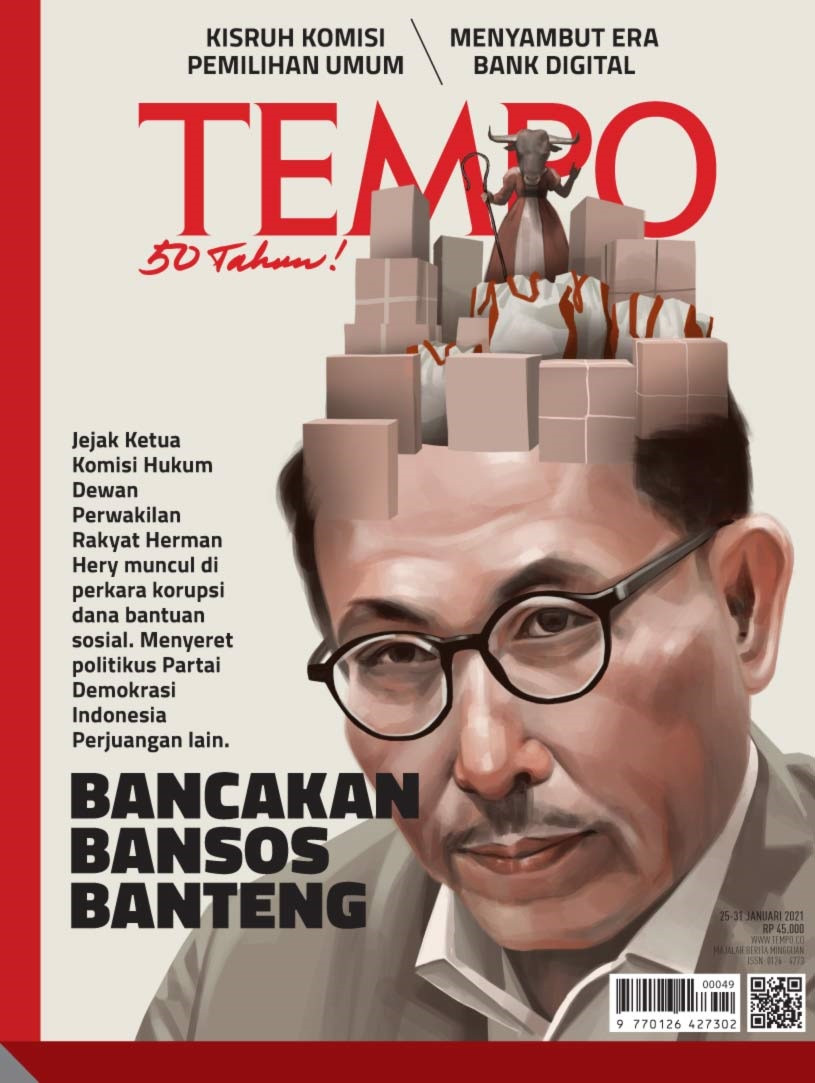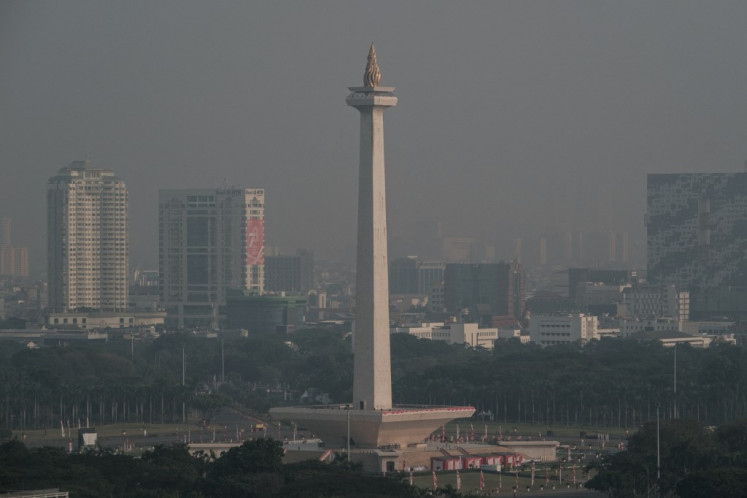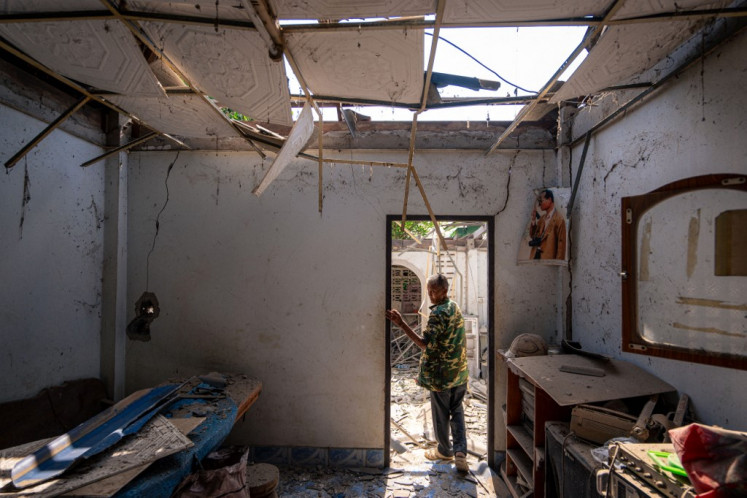Popular Reads
Top Results
Can't find what you're looking for?
View all search resultsPopular Reads
Top Results
Can't find what you're looking for?
View all search results‘Tempo’ marks 50 with the end of an era
Tempo was a trailblazer for the Indonesian national press and an unapologetic mirror of national conscience. Can it remain true to itself amid the noise of the digital word?
Change text size
Gift Premium Articles
to Anyone
O
n New Year’s Day 2021, the Tempo Group migrated its the printed publications to digital format. Its daily newspaper and weekly news magazine, along with their English-language editions, were two of the last vestiges of a romantic era when the printed word of the rumbling press was king.
Although the move had long been planned, it was nevertheless a sad occasion and a sobering reality check indicating the changing nature of news publications and journalism in general. To many of us who grew up with Tempo through five decades of tumultuous social, economic and political change in Indonesia, the publications’ transition from print to online has ushered in a still-evolving and relatively new system of high-tech news gathering.
Tempo turned 50 on March 5. Its journey has been an incredible roller-coaster ride as it covered unique and important events in an easy-to-read style, staying true to its tagline of “Enak di Baca dan Perlu”, or loosely, “enjoyable must-read”.
Growing during a time of strict press censorship, Tempo Magazine’s pointed articles on corruption and political missteps quickly gained popularity, but the magazine also attracted the deep-seated enmity of government officials and the military. Before it was banned for seven years in 1993, the magazine frequently incurred the wrath of the government, which suspended it for varying periods and summoned its chief editor to the Information Ministry to be read the riot act as part of the government’s censorship strategy.
Despite these obstacles, Tempo journalists worked hard at getting their stories and getting them right, through person-to-person interviews and thorough research on the ground. The magazine was widely read across the nation because it was one of the first media to establish provincial bureaus and, at its peak, foreign bureaus on five continents.
In short, the magazine sold well because its coverage was extensive, comprehensive and original.
What set Tempo apart from its competitors were the passion and the pride it instilled in its journalists. Decisions were reached democratically around the editorial table each week, with disagreements allowed and defended but always reaching a consensus in the end.
It helped that Tempo’s owners were also its founders, as well as working journalists or staff, and who implanted a strong sense of loyalty and more importantly, the unprecedented credos of responsibility and accountability.
Alas, the seven-year ban hit the publication’s finances hard, even though it was able to relaunch in 2000 under a much freer political environment. But competition had also become much tighter.
Along with other print media was an array of television stations, which totally changed the advertising market that the former depended on for their survival. The scene became even more chaotic and competitive with the emergence of online and social media, leaving mainstream publications to contend with much faster deadlines.
Not wanting to be left behind, Tempo Magazine and the Koran Tempo daily newspaper quickly established their own websites. With the advent of more efficient, high-tech journalism tools and access to the omnipresent Google, reporters and editors no longer needed to spend as much time researching basic information.
But the biggest challenge for Tempo is how to uphold its high journalistic standards amid the proliferation of freewheeling social media platforms that had few obligations to maintaining accuracy, objectivity or accountability.
Winning the hearts and minds of an increasingly cyber-oriented population is what is facing even seasoned Tempo journalists in the uncertain years ahead.
***
The writer is a senior journalist at Tempo.










